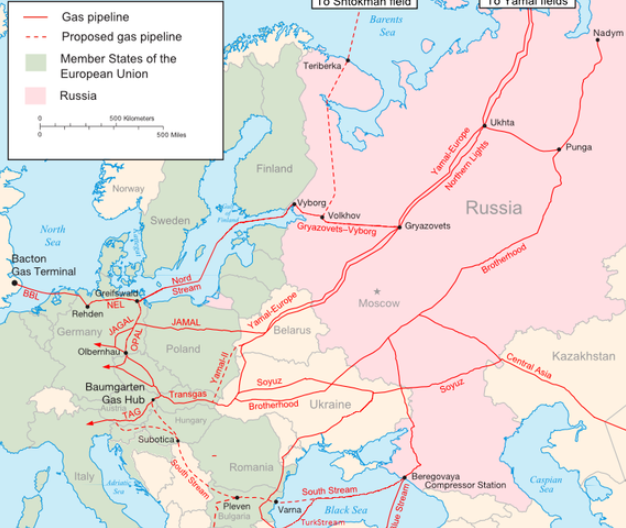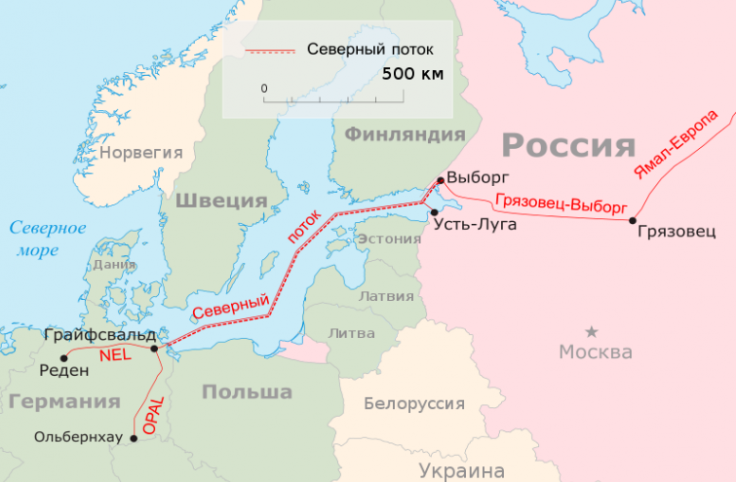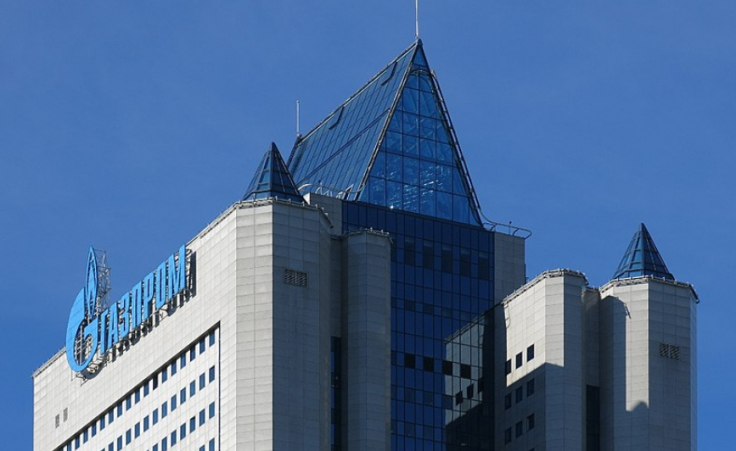European Union nations agreed under duress to voluntarily reduce gas consumption by 15 percent from August to March as they brace for significant reduction in Russian gas supplies from Wednesday.
The agreement was arrived after European Union energy ministers approved wide-scale exemptions for some member states and industries from the mandatory 15 percent cut in gas consumption, which Brussels demanded anticipating the worst case scenario of total stoppage of Russian gas in the winter.

Germany Hardest Hit
EU ministers rallied around the Brussels call and tried to send a message of European unity to Moscow. "You will not split us," German Economy Minister Robert Habeck said, referring to Russian President Vladimir Putin's hitherto successful plan of using its hold on gas supplies as a counterweight against Western sanctions.
Germany is especially at the receiving end of the Russian retaliation, with Russia's Gazprom saying that it will cut flows through the Nord Stream 1 pipeline to Germany to a fifth of capacity.
Exemptions
However, Hungary opposed the EU deal on limiting gas consumption. Countries such as Ireland and Malta were offered exemption from the binding 15 percent reduction as they are not connected to other EU nations' gas networks.
"Everyone understands that when someone asks for help, you have to help," Spanish Energy Minister Teresa Ribera said, referring to the exemptions, according to Reuters.

Countries such as Spain can also seek lower targets for gas consumption reduction under the broad agreement, as they do not rely on Russian gas and do not have infrastructure to export gas to other EU nations.

Russia used to supply 40 percent of gas the EU needed before the Ukraine war started. Moscow has promised it will remain a dependable energy supplier despite the harsh sanctions slapped on it by the West. Russian Foreign Minister Sergei Lavrov, who is touring Africa in a bid to shore up diplomatic support, vowed again this week Moscow will abide by the principles of trade when it comes to gas deliveries.
Russia's state gas monopoly Gazprom insists that the gas supply curbs are necessitated by repair and maintenance issues, the EU dismisses such claims. EU energy head Kadri Simson said on Tuesday the Russian move is "politically motivated".
IMF Warns of EU Recession
The International Monetary Fund said last week European Union nations are staring at the possibility of recession as a reduction in Russian gas supplies will severely cripple their economies. According to the IMF, a total shutdown of Russian gas supplies will lead to as much as a 6 percent drop in GDP of the vulnerable EU countries.
"The prospect of an unprecedented total shutoff is fuelling concern about gas shortages, still higher prices, and economic impacts. While policymakers are moving swiftly, they lack a blueprint to manage and minimise impact," IMF said.
While Hungary, Slovakia and the Czech Republic will be the hardest hit, the impact will be severe for Italy, Germany and Austria as well.








